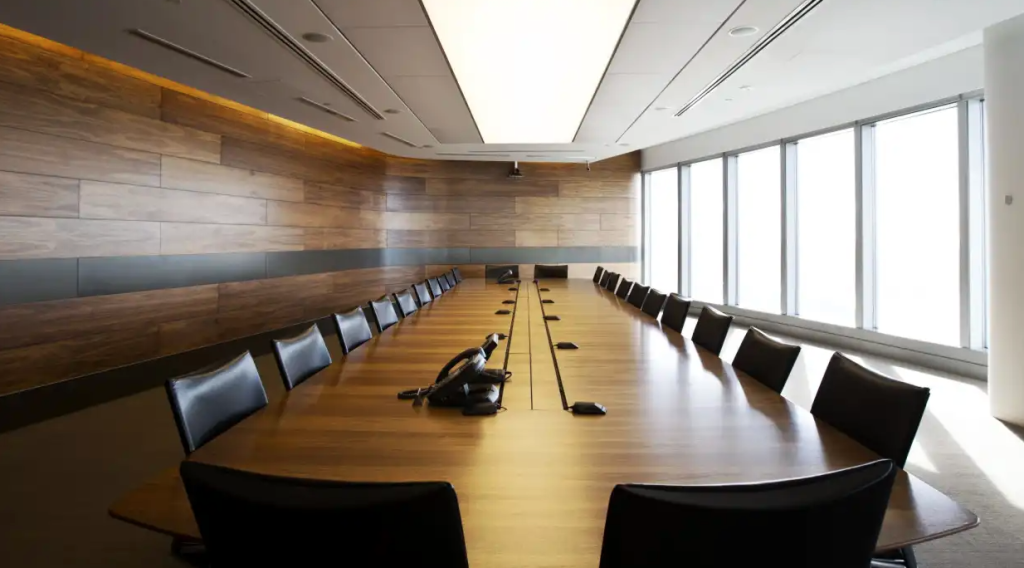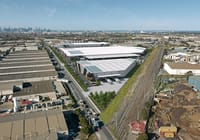
Large companies want flexible office space after pandemic
Large corporate tenants around the globe will seek out a more flexible office footprint and flexible lease contracts will become the new norm as a result of COVID-19, according to a new report looking at the future of the workplace.
The Future of Work – A Global Real Estate Player’s Point of View, a report published by EY and the Urban Land Institute and based on a survey of investors, developers, real estate services firms, architects and operators of space, said major changes are expected in the office market in the next three to five years.
Of the 555 respondents surveyed 96 per cent expected large corporate users to look for a more tailored and flexible office footprint, while 66 per cent expected flexible lease contracts to become the new normal.
More than half (53 per cent) of real estate players expected tenants to reduce their office space as a result of changing work patterns, while a quarter of respondents anticipated their office space requirements would decrease by more than 20 per cent.
Mark Tindale, director at Sydney leasing agency Cadigal, said there had been increasing demand for flexibility from corporate tenants over the last few years but the trend would only accelerate as a result of the pandemic.
“One part of flexibility is providing access to third spaces including tenant lounges and larger meeting and event facilities,” he said.
Mr Tindale pointed to co-working group Hub Australia recently partnering with landlord Brookfield to lease two floors at Brookfield Place in the Sydney CBD which will be available for tenants within the building to use.
“This sort of flexible amenity is greatly valued by tenants who in some cases will lease less space knowing they have easy access to such facilities,” he said.
While some co-working companies have cut back on space since the pandemic hit, half of respondents said it was either very likely or likely that the use of co-working facilities would increase in the next three to five years as a result of COVID-19.
This view is in line with what one of Asia’s largest flexible workspace operators expects in the market.
Paul Salnikow, CEO of serviced offices company The Executive Centre, told The Australian Financial Review previously that while the company had taken an early hit with the loss of some large tenants a vast pool of companies were shifting from permanent space to flexible because they couldn’t predict the economic landscape over the next five years.
According to the report, remote work is expected to grow from 20 per cent of employees being offered 20 per cent remote working time to at least 60 per cent of employees spending more than 40 per cent of their time remotely.
However in the long term, offices and CBDs are expected to play an ever-important role in attracting and retaining employees.
“Senior leaders and managers will want to come in for meetings to collaborate, create and innovate,” the report said.
“The younger generation will be the most office-located to escape subpar home work environments and socialise in city centres afterwards.”











